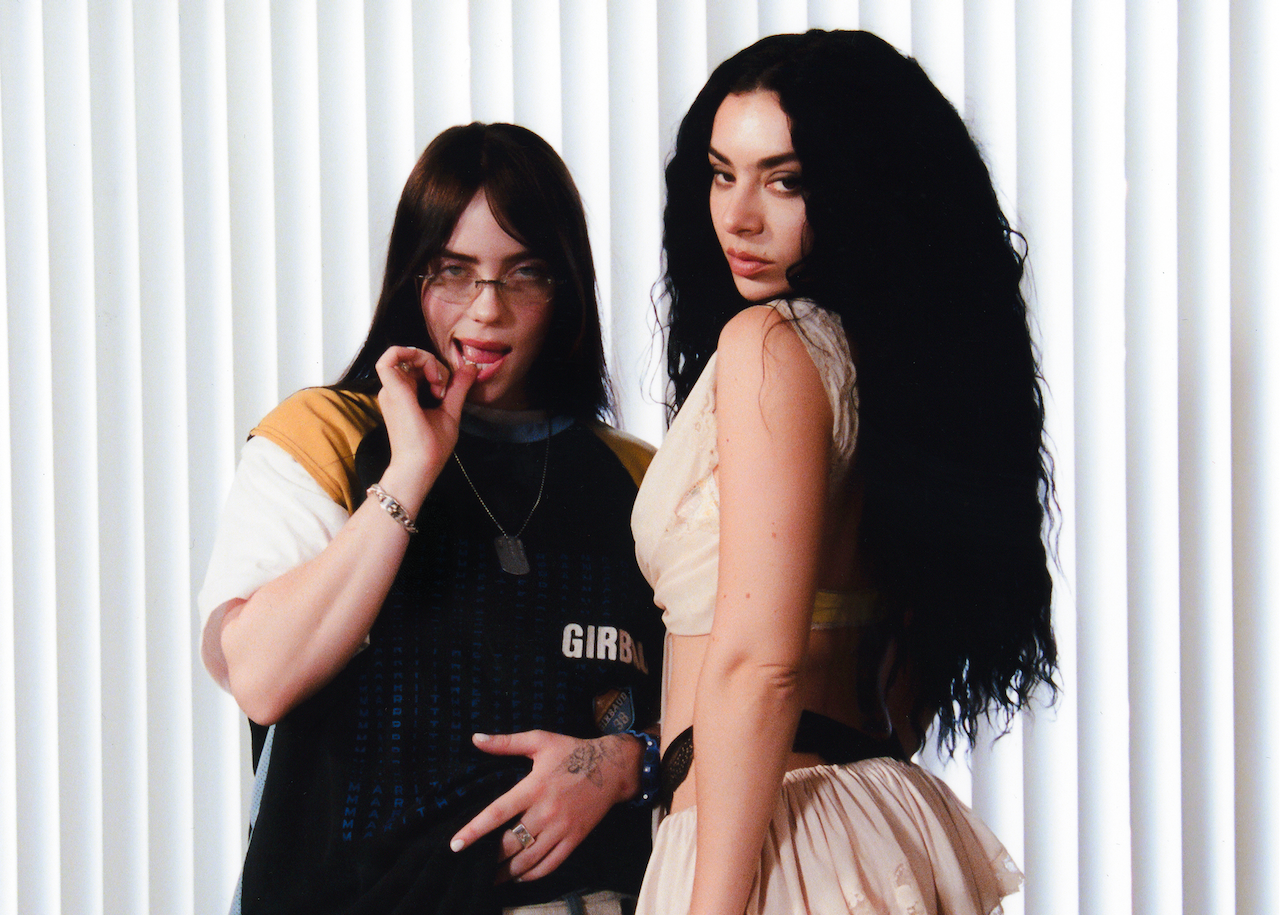Billie Eilish was 13 years old when she released her first hit single, “ocean eyes.” Almost overnight, her success catapulted her into one of the biggest popstars in the world. At 22, she’s won Academy Awards, swept the GRAMMYs, and recently performed three sold-out shows at the iconic Madison Square Garden. Her third album, HIT […]
